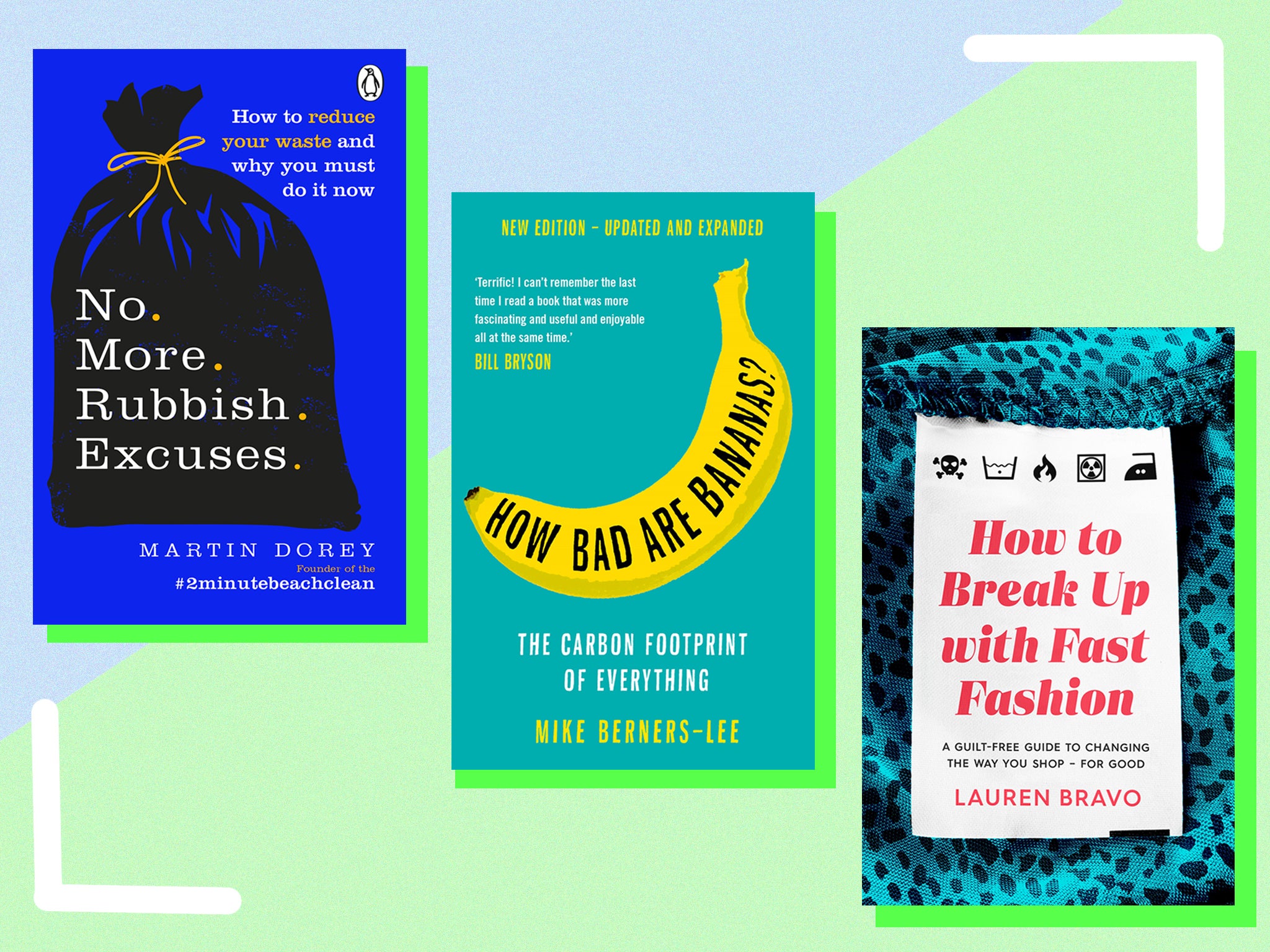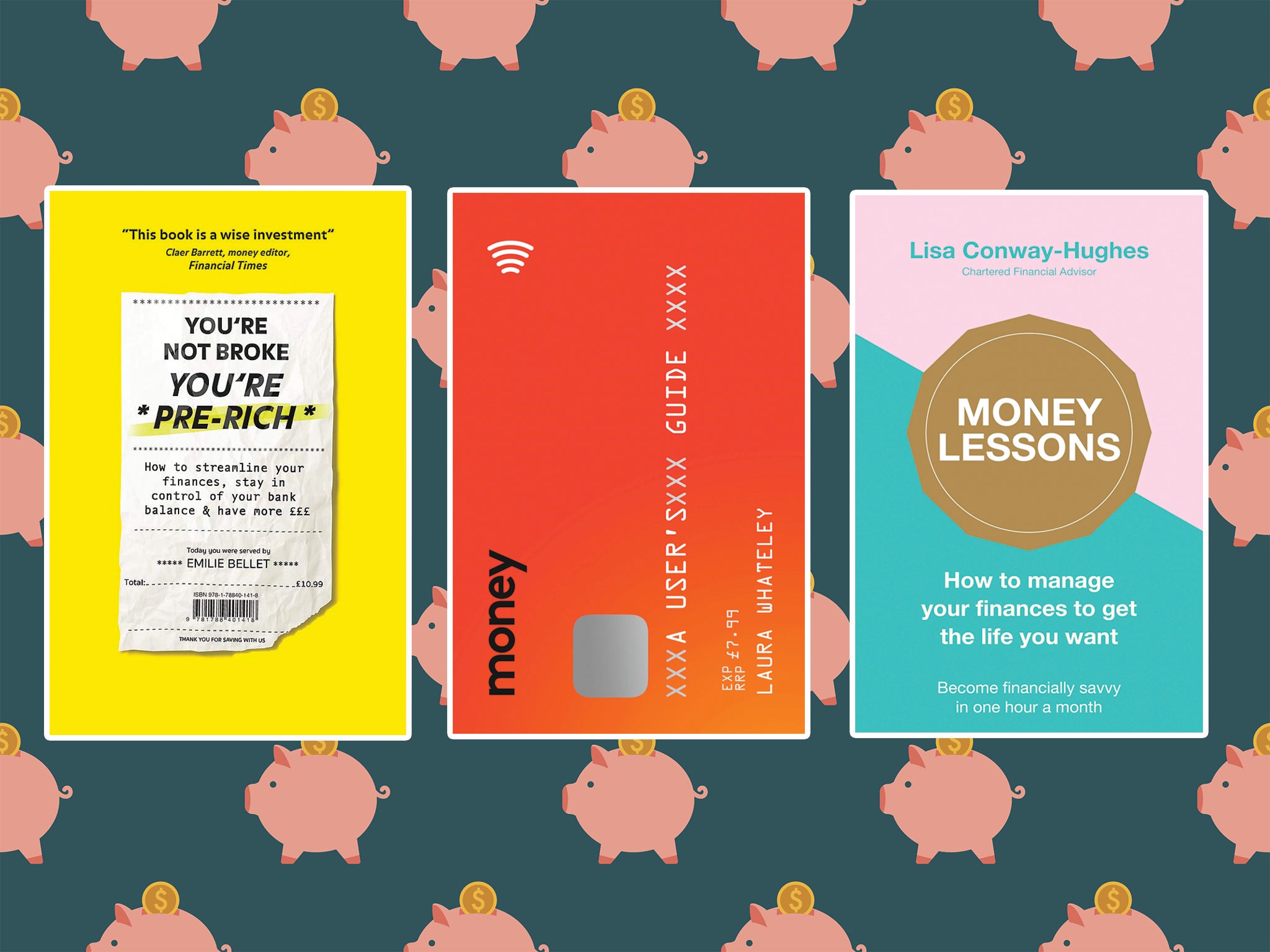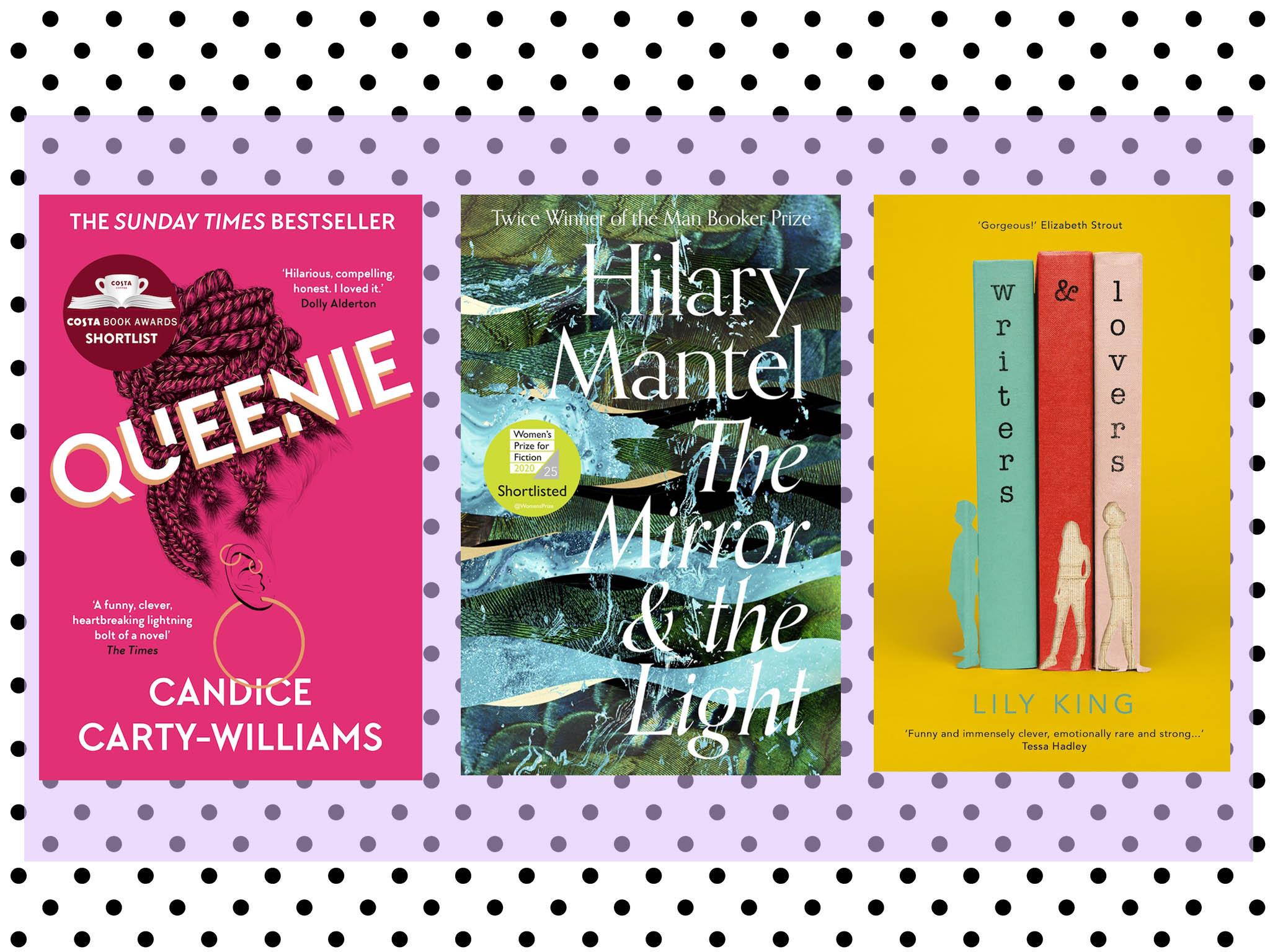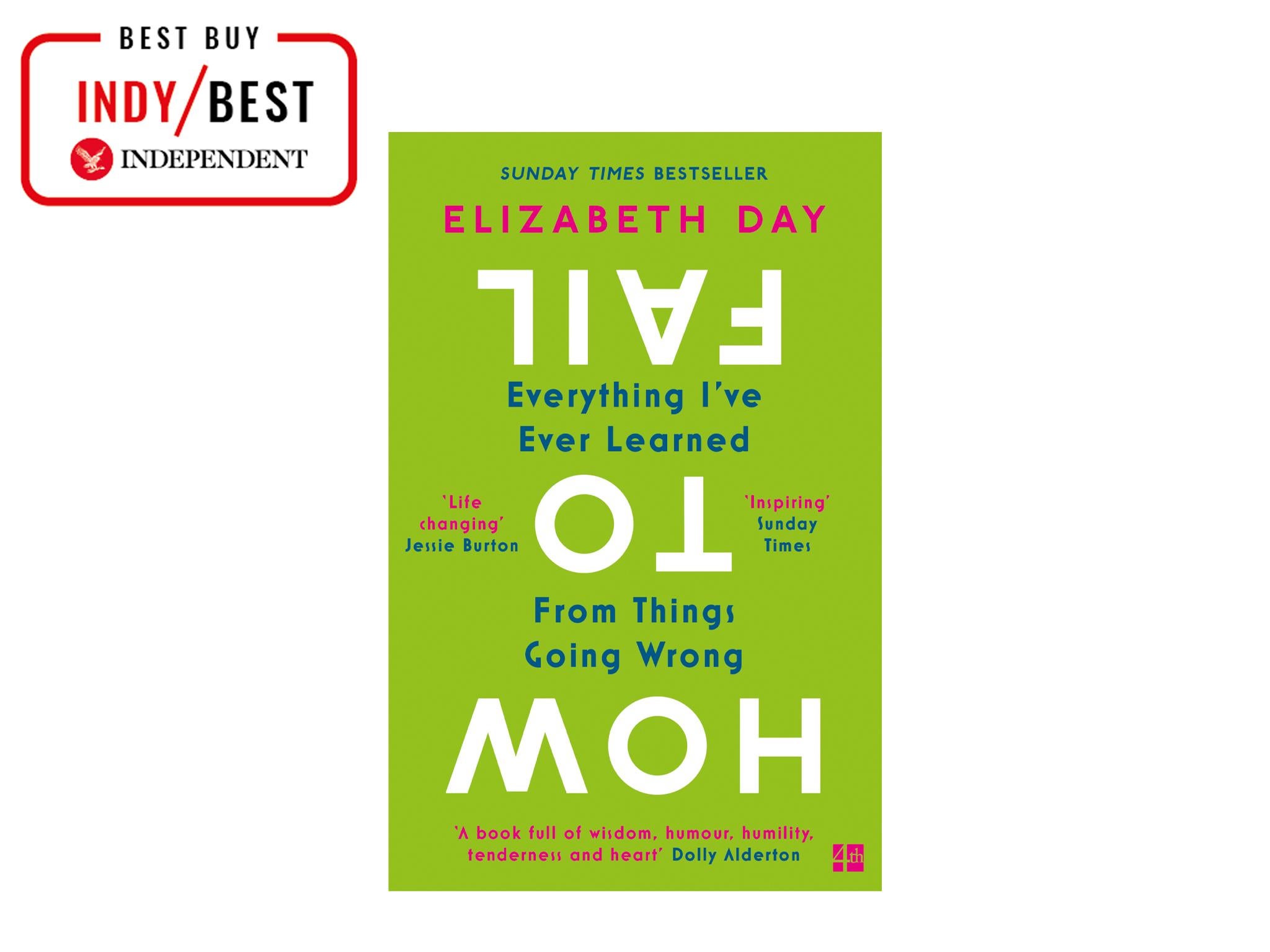
The Independent's journalism is supported by our readers. When you purchase through links on our site, we may earn commission. Why trust us?
8 best books about failure: Guides to overcoming fear and uncertainty
Learn to embrace your mistakes and get on the path to success with these tomes, from mentalist Derren Brown’s musings to journalist Caitlin Moran’s thoughtful essays
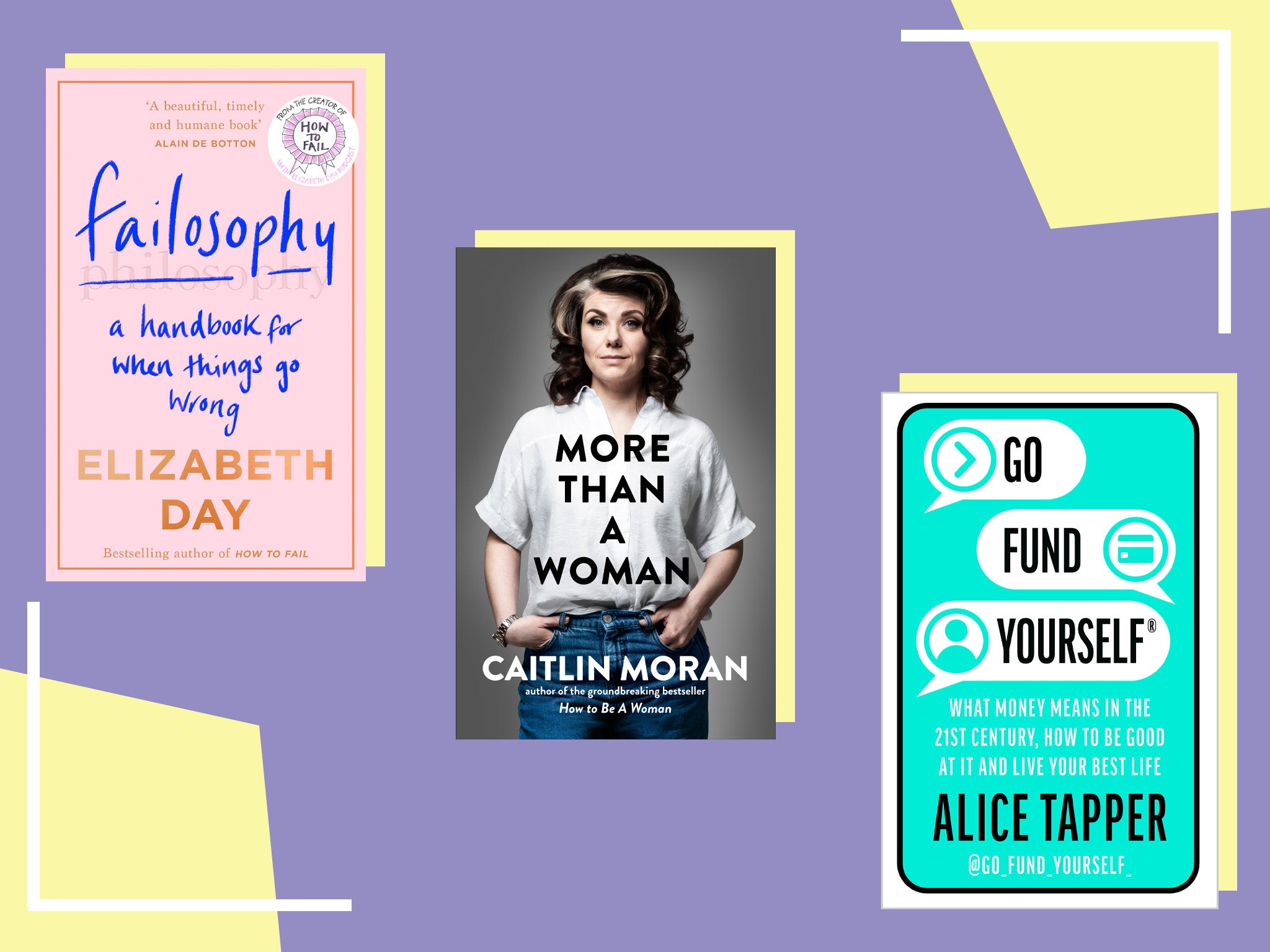
- 1
 2
2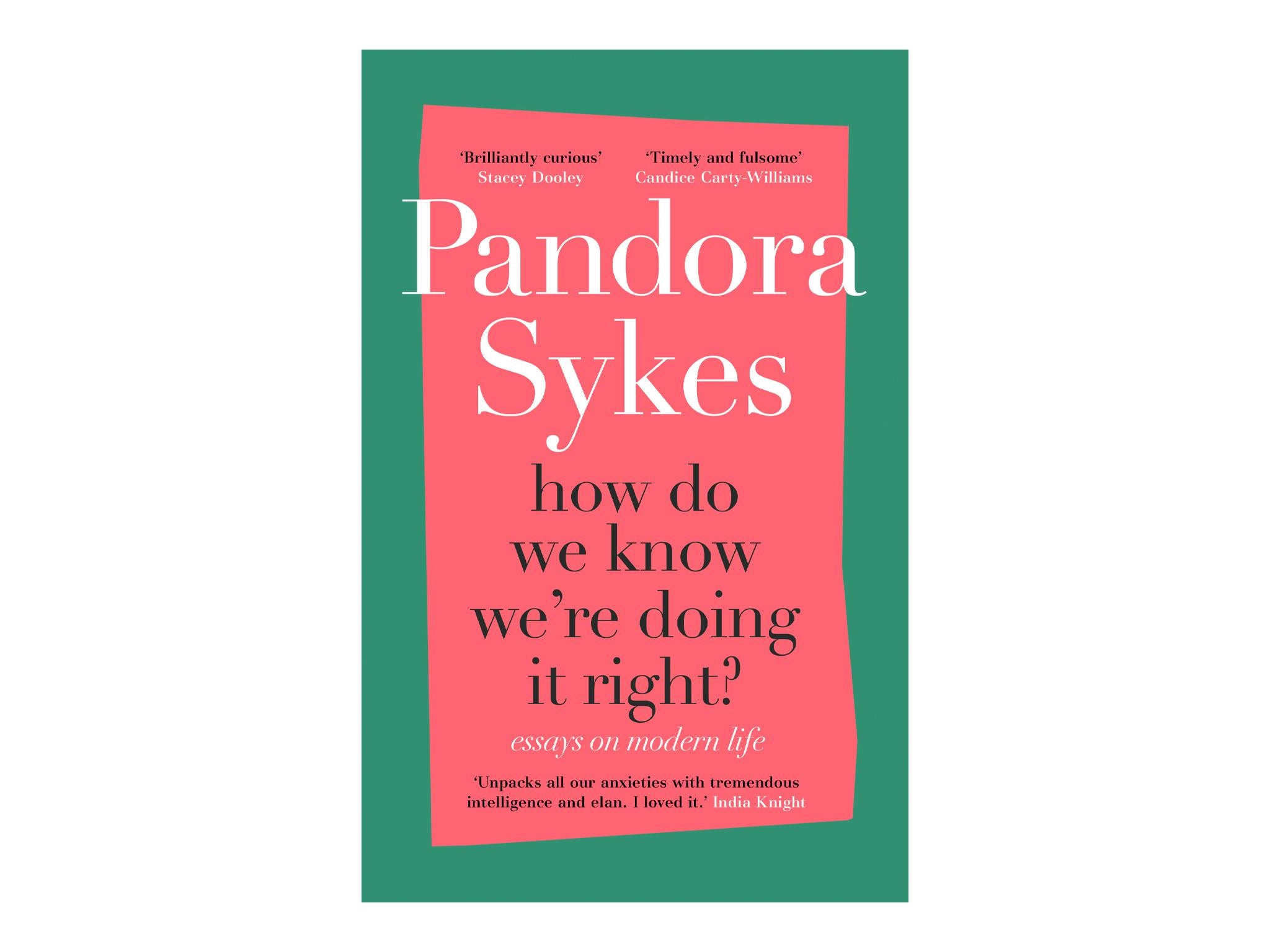 ‘How Do We Know We’re Doing It Right?’ By Pandora Sykes, published by Penguin RandomhouseRead review£11
‘How Do We Know We’re Doing It Right?’ By Pandora Sykes, published by Penguin RandomhouseRead review£11 - 3
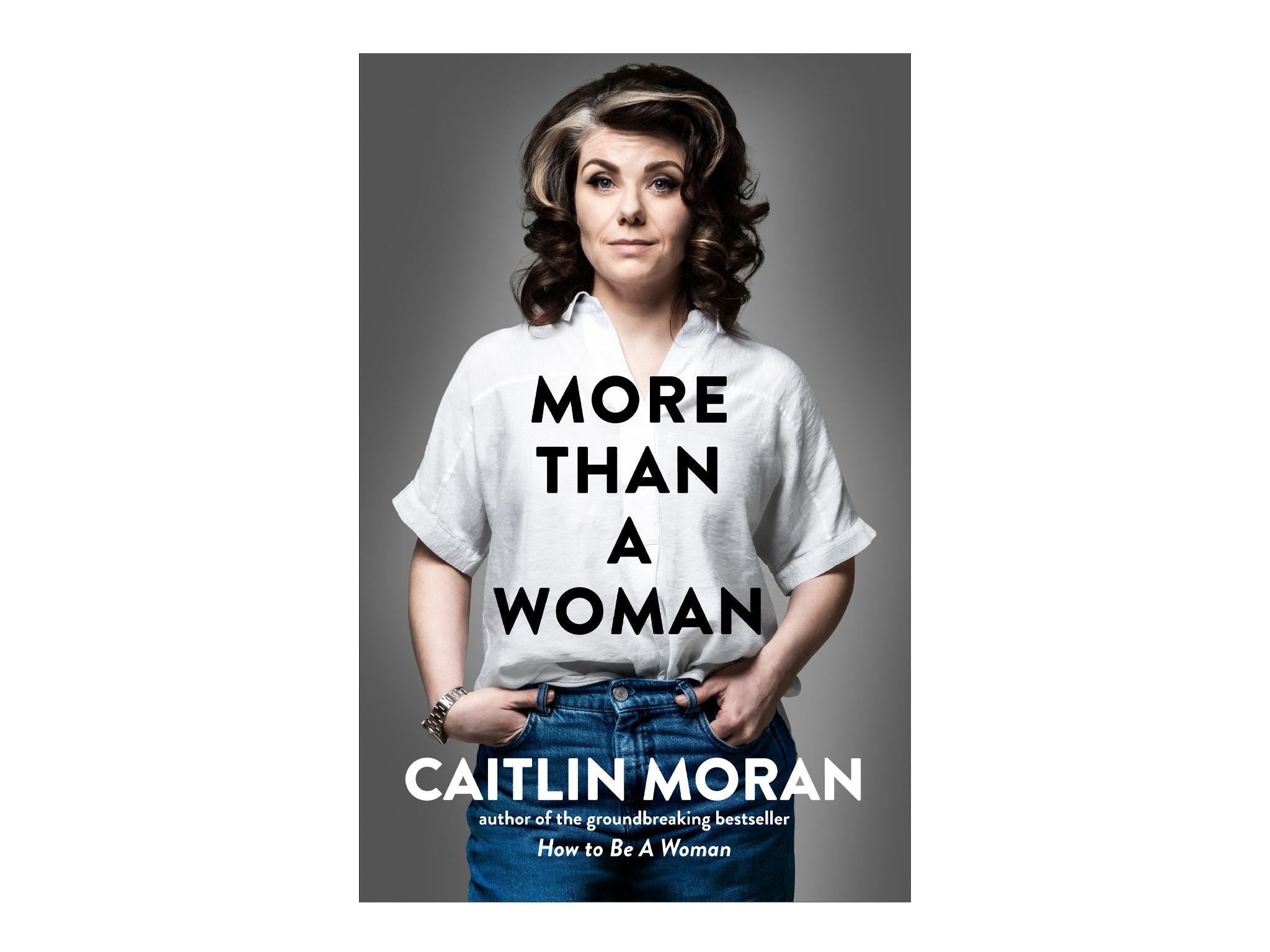 4
4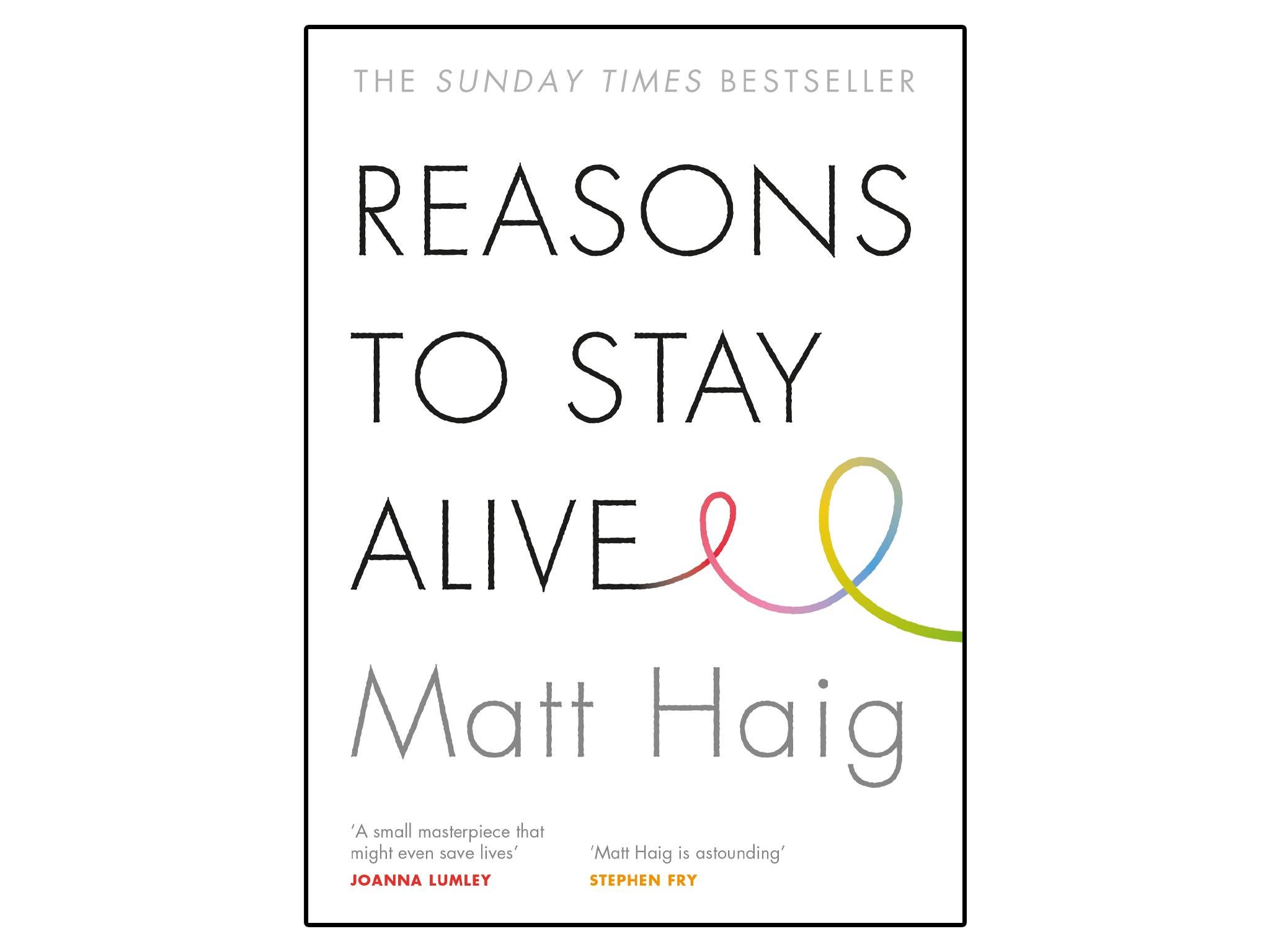
- 5
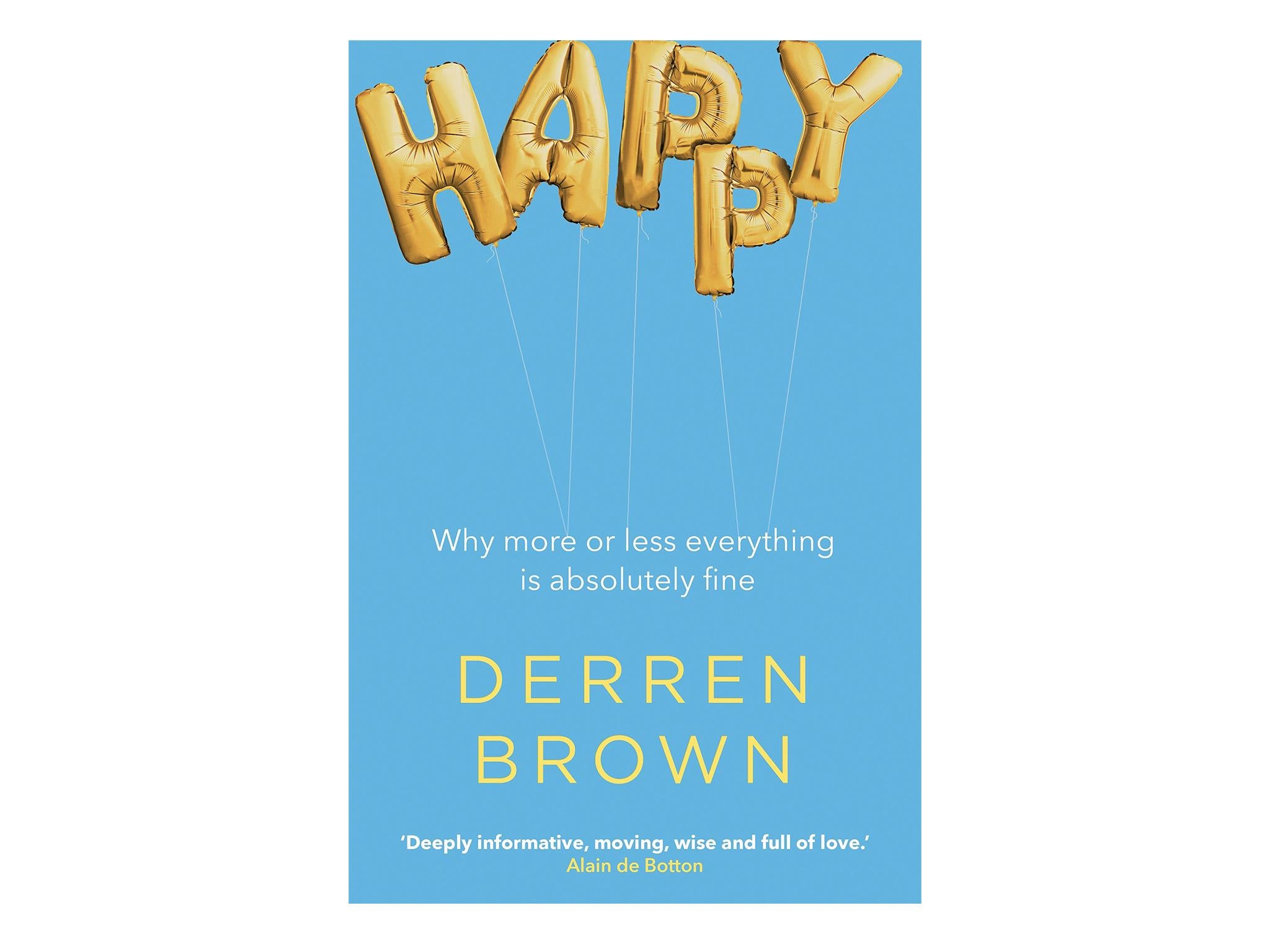 6
6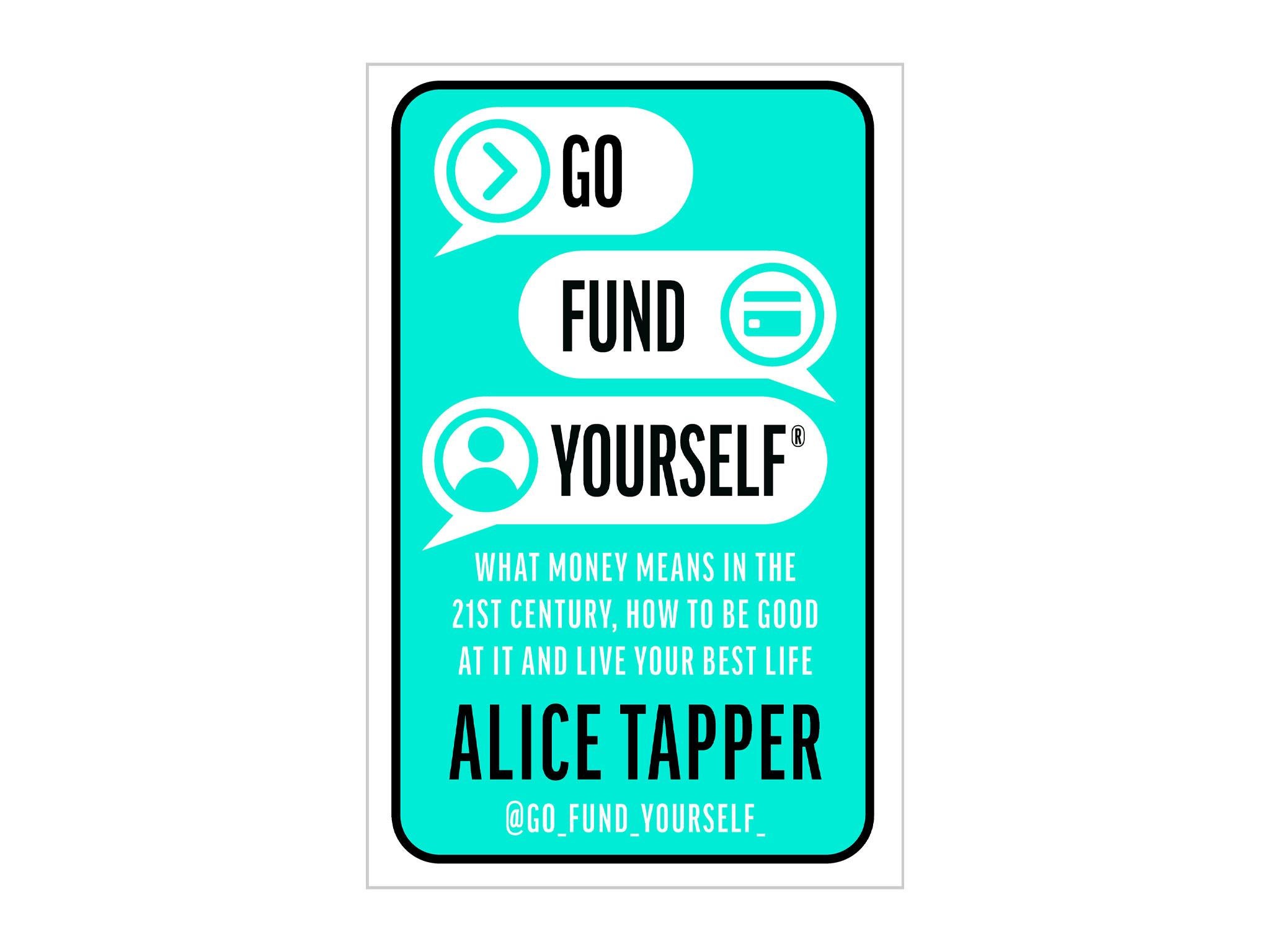
- 7
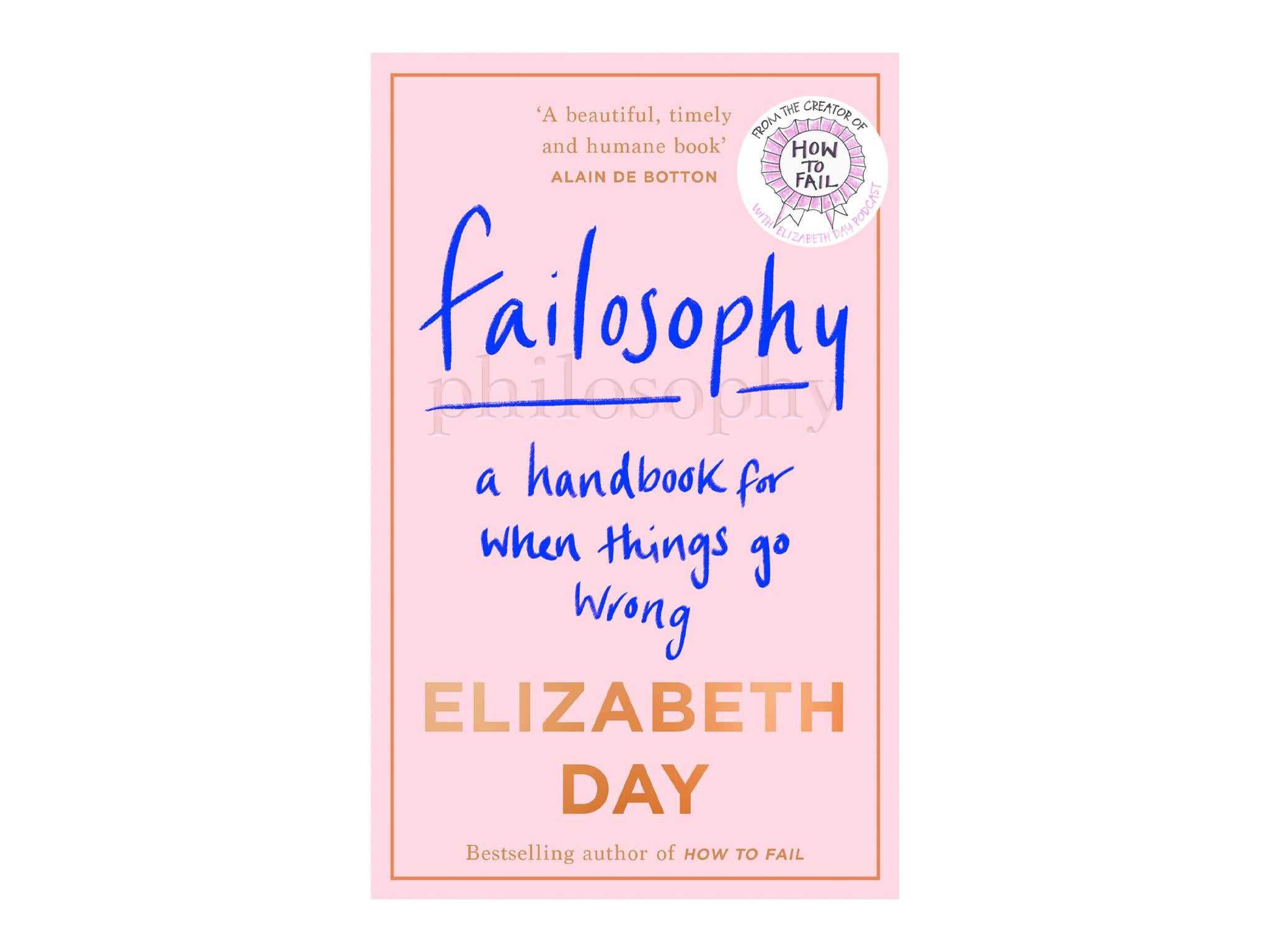 8
8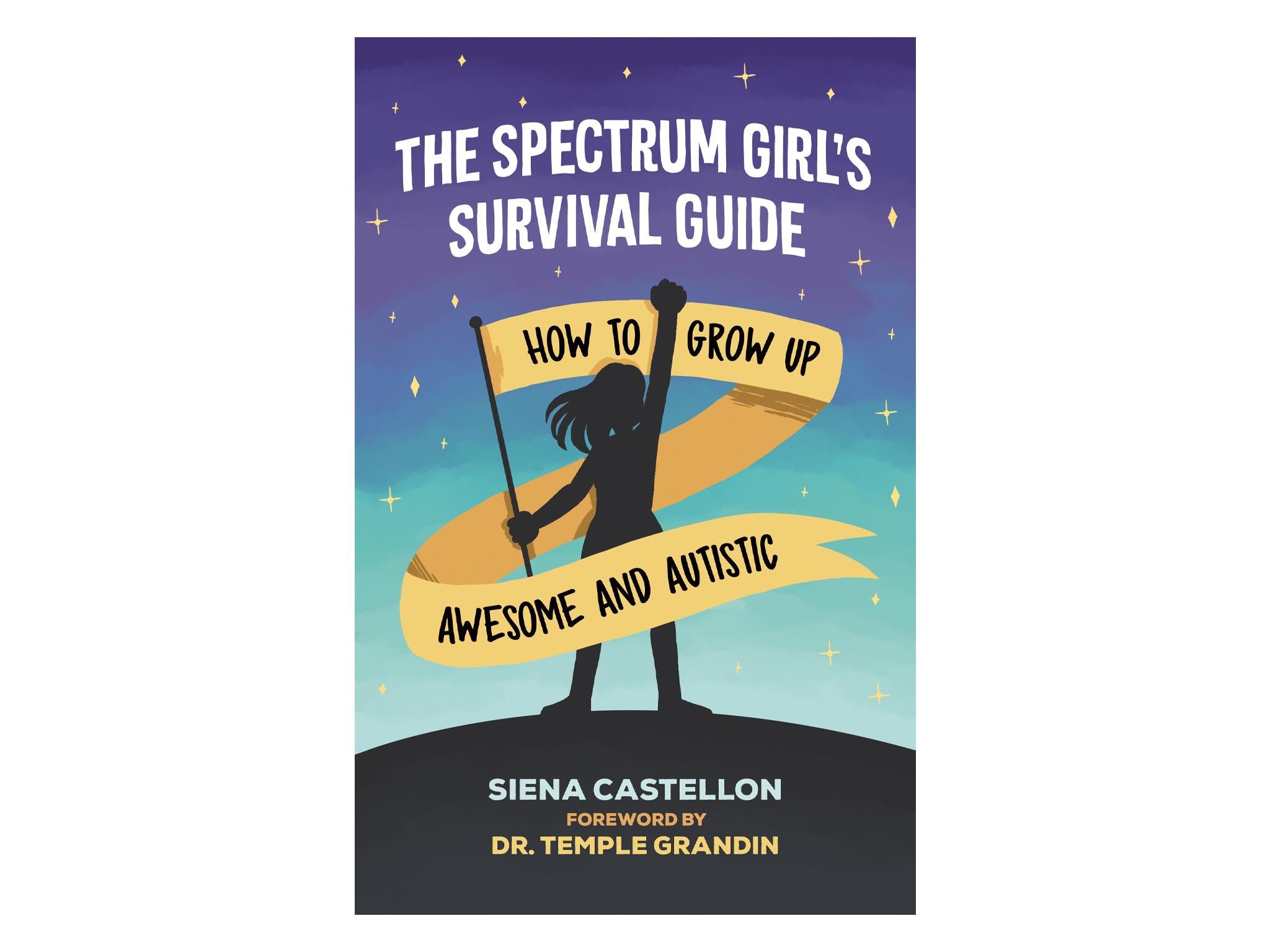 ‘The Spectrum Girl's Survival Guide’ by Siena Castellon, published by Jessica Kingsley PublishersRead review£12
‘The Spectrum Girl's Survival Guide’ by Siena Castellon, published by Jessica Kingsley PublishersRead review£12
Failure is everywhere. A fact of life, it defines our very existence – enough so that individuals often give TED talks about the very subject.
However, it has become almost akin to a cultural pitstop – with podcasts, books, even courses dedicated to learning about failure.
Journalist Elizabeth Day is now (almost) infamous for her podcast, How To Fail.
Beginning in July 2018, the premise is to celebrate the things that haven’t gone right – complete with guests such as Phoebe Waller Bridge, Adam Pearson, and Dolly Alderton.
This has since spawned niche live events, as well as a spin-off book – with another on its way later this year.
But what are the best books about failure? You should consider this to be the digital table of recommendations you’d find in your local bookshop – as this was the case for yours truly.
We have rounded up the best selection of books that deal with the topic of failure – indirectly or directly – while staying clear of anything that brands itself as “self help”.
You can trust our independent reviews. We may earn commission from some of the retailers, but we never allow this to influence selections, which are formed from real-world testing and expert advice. This revenue helps to fund journalism across The Independent.
1‘How To Fail’ By Elizabeth Day, published by 4th Estate Books

The title that started it all, How To Fail is the book to match the podcast of the same name. Fusing together testimony from podcast guests and her own life, Day weaves together a narrative of how to learn to fail, to succeed better.
Culturally, we have a mindset of failure not being an option – and an example could be how some of us stay late to work at times, ensuring that the groundwork for the next day is already in place. People such as author and podcast host, “Ctrl Alt Delete” Emma Gannon have indirectly written about this – such as with the development of the multi-hyphenate concept.
What makes this book universal – and something we can all relate to – is how Day discloses here own perceived failures – such as when it comes to asking for a pay rise and even miscarriage.
2‘How Do We Know We’re Doing It Right?’ By Pandora Sykes, published by Penguin Randomhouse

Written by the co-host of The High Low podcast, How Do We Know We’re Doing It Right? deals with fairly modern issues – including topics such as the wellness industry, motherhood, as well as consumerism. “The Dream Catchers” is a stand-out essay – as well as “Looking Forward To Hearing Back”, which looks in depth at our relationship with modern technology.
Sykes also stays true to High Low form by using a high-low mix of vocabulary to get across her more serious point; the text can quickly switch from something almost nonsensical such as phubbing (ignoring someone you’re talking to, to look at your phone), to making reference to philosophers.
We have all had moments of asking ourselves if we are doing “this” – gestures vaguely – right, which makes the book all the more likeable. This is a form of learning how to succeed by failing – as it admits to being human.
3‘More Than a Woman’ By Caitlin Moran, published by Ebury Press

Can you believe it has been 10 years since How To Be A Woman hit bookshelves everywhere? Nope, neither can we. More Than a Woman is a follow up to the seminal bestseller, dealing with the next decade after the first book.
Moran has been successful – with several books, a film, a TV series, a column under her belt – but has joked about being a failure at times. It’s a somewhat recurrent theme in her work – such as with the book and film How to Build a Girl, where the character who morphs into Dolly Wilde has debatably failed to “build” herself – and is a world away from where she once was.
More Than a Woman can, at times, shock rather than make you laugh, but there are some thoughtful passages,such as the chapter that addresses “cancel culture” with more thought than a lot of pundits – but could be a little more nuanced.
Others include “survival of the fittest” and a chapter devoted to “beauty” – which deals with how to tell a teenager they are not “ugly” – which is one of the most eloquent pieces of writing we have read this year so far.
4‘Reasons To Stay Alive’ By Matt Haig, published by Canongate

Applauded around the world for the frank discussion of mental health, Reasons to Stay Alive is the book Matt Haig is probably best known for.
Though we have become better in discussing mental health, it can still feel like a stigma is attached to a mental health diagnosis – and therefore, you may feel like a failure for not ostensibly being “strong” enough, or “manly” enough. Sometimes, people may not seek help for this very reason – and this book is a powerful redirection of this disgusting standard.
Matt Haig has also just published a new novel, The Midnight Library.
5‘Happy’ By Derren Brown, published by Transworld Book

Happy is a different self help book – staying away from the “preachy” aphorisms, to instead explore different concepts of what it means to be happy throughout history.
Scepticism has at times been the hallmark and a recurring theme throughout his work – particularly when it comes to live shows – but this turns the self-help industry on its head. It’s also written in such a way that assumes the reader is not a failure – which differs to other books in that start with this as an assumption.
Brown will also be releasing his follow up, A Little Happier, on 29 October.
6‘Go Fund Yourself’ By Alice Tapper, published by Head of Zeus, an Anima book

“Financial literacy” is a topic we have been hearing a lot about recently – especially while we have all collectively been in lockdown. But what is not talked about is how we are made to feel, should we “run into” financial trouble – such as when it comes to acquiring debt, for example. Debt issues are sometimes seen as being a “failure” – with a stigma to match.
Alice Tapper ought to be labelled as the millennial financial guru. Go Fund Yourself is straight, direct – and also doesn’t patronise readers. It’s also probably more educative than an outdated PSHE lesson – and could do a lot to eradicate financial illiteracy, as well as to improve stigma. Tapper is also currently running a campaign, too.
7‘Failosophy’ By Elizabeth Day, published by 4th Estate Books

How To Fail is getting an upgrade; Failosophy is out later this year. More of a coffee-table-with-quotes type book, this is more of an “aspirational” kind of tome. Failosophy is also more “complete” – with more podcast guests having since been broadcasted since the first book.
Day has also developed an original concept – the seven key principles of failure. This includes: you are not your worst thoughts, and being open about your vulnerabilities is the ultimate act of strength. However, this is not playing into the “preachy” self help book stereotype – rather, the book is practical, as well as multi-faceted.
Failosophy is out on 1 October and is available to pre-order.
8‘The Spectrum Girl's Survival Guide’ by Siena Castellon, published by Jessica Kingsley Publishers

As an autistic person, I have sometimes felt like a failure – simply as I have not been able to measure up to the expectations of a neurotypical (not on the spectrum) society. And this is an experience mirrored by some of my contemporaries – including Siena Castellon (who was also a guest on the How To Fail podcast.)
Castellon founded Neurodiversity Celebration Week as well as QL Mentoring – all the while staying in education, and having to combat challenges such as bullying and discrimination. Failure is a theme of the book – such as how autistic people can be made to feel like failures, for being unable to fit into a mould deemed “fit” for us.
The verdict: Books about failure
How To Fail by Elizabeth Day is our Best Buy because it has set the standard for books about the subject; it has a universal tone, as well as offering something for everyone.
It also reaches across an age divide – while not preaching – as well as not offering up an unobtainable solution to what a self help book would see as a “problem”.
